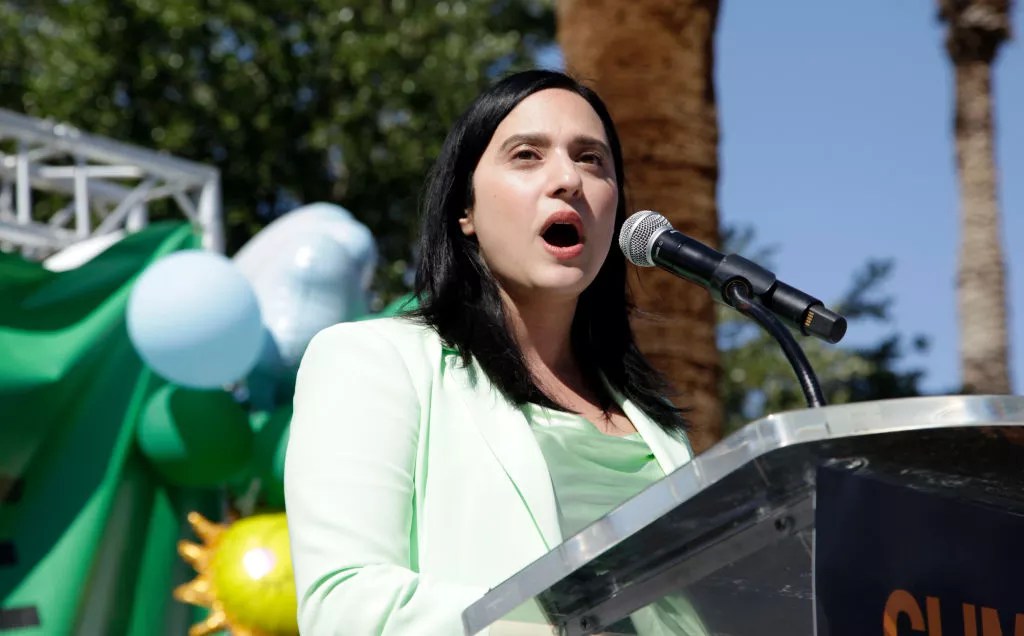
Jason Wise/Getty Images

Audio By Carbonatix
In the tightest Arizona congressional primary in recent memory, former Phoenix Vice Mayor Yassamin Ansari held on to win the Democratic primary for a safely blue district.
The Arizona Secretary of State’s office announced Tuesday that after a recount in the race for Arizona’s 3rd Congressional District, Ansari bested former state party chair and state Sen. Raquel Terán by 39 votes.
The contest was a closely watched clash between two rising Democratic stars vying to fill Rep. Ruben Gallego’s central Phoenix seat in Congress as he runs for the U.S. Senate.
The day after voting ended, Ansari led by nearly 1,200 votes. But after all the ballots were tabulated, Ansari held a thin lead of just 42 votes – a margin of about 0.1%. Any margin less than 0.5% triggers an automatic recount. Ultimately, Ansari’s final tally was altered by only three votes.
Since the district leans heavily in favor of Democrats, Ansari is poised to become the first Iranian American Democrat elected to Congress. She would also be one of the youngest members of Congress at 32 years old, just in front of 33-year-old Abraham Hamadeh, who is set to make it to D.C. after winning the Republican primary for a safely red seat.
Ansari and Terán both have respected political resumes and ran on similar messages: expanding affordable housing; improving stagnating wages; and guaranteeing the right to abortion, health care and quality education. If there are notable differences between the two women, they can be found in their backgrounds and styles.

Former state Sen. Raquel Terán secured an endorsement from U.S. Sen. Mark Kelly.
Christian Petersen/Getty Images
The 46-year-old Terán grew up in Douglas and Agua Prieta on the U.S.-Mexico border and made her name in Phoenix as a grassroots activist during the fight over Arizona’s infamous SB 1070 immigration law. Ansari, a graduate of Chaparral High School in Scottsdale, Stanford University and Cambridge University in England, served as an advisor to the United Nations before being elected to Phoenix City Council at age 28.
While Terán grabbed support from key influential Arizona Democrats, such as Sen. Mark Kelly, Ansari’s endorsements came from a more eclectic group of local leaders. Ansari also had the favor in Arizona’s elite business community that has “crowned kings and queens for decades” but has mostly been abandoned by the Republican Party’s shift into extremist populism, according to Democratic political consultant Stacy Pearson.
Ansari received a huge boost from cryptocurrency donors in the final weeks of the campaign. Toward the end of the race, Terán enjoyed a $1.37 million advantage, mostly from Democratic-aligned political action committees. But a week before the contest ended, the crypto-aligned Protect Progress PAC eliminated that advantage with an ad buy of more than $1.3 million in support of Ansari, according to Federal Election Commission filings.
In a written statement emailed to Phoenix New Times, Terán characterized the ad buy as “spending from GOP donors” and “MAGA extremists” who are meddling in the primary. However, the group also has spent $3 million in support of Gallego’s Senate campaign against MAGA fanatic Kari Lake.